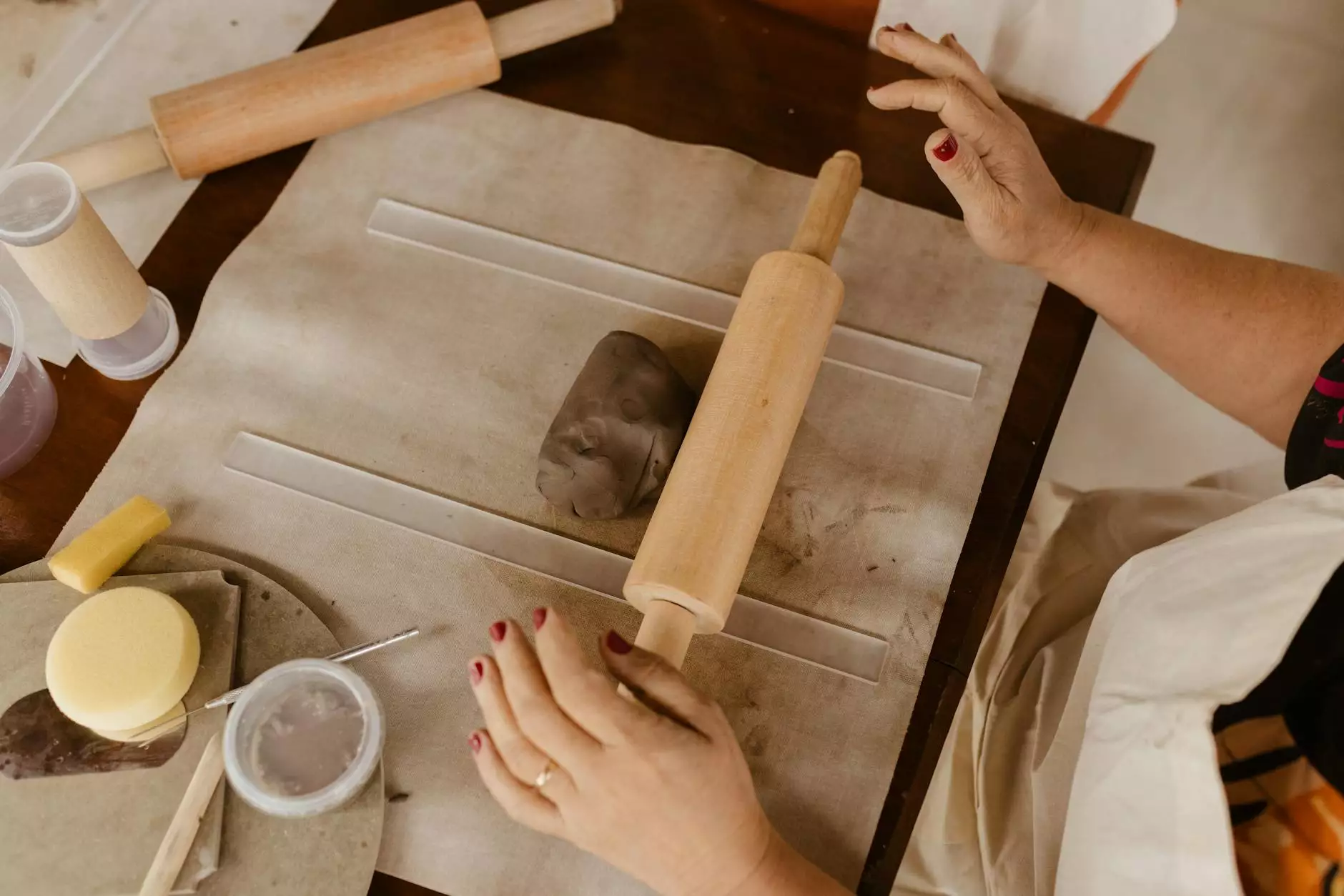Enhancing Metal Fabrication Through **Precision Molding**

In the competitive landscape of the manufacturing industry, precision molding stands as a cornerstone technology for businesses involved in metal fabrication. This technique not only enhances the quality and efficiency of manufactured parts but also plays a pivotal role in optimizing production processes. In this extensive article, we will delve into the world of precision molding, examining its applications, benefits, and best practices, specifically tailored for the metal fabrication sector.
Understanding Precision Molding
Precision molding is a manufacturing process that involves shaping molten material into specific forms with high accuracy. This technique is most commonly associated with plastics but has found significant applications in the production of metal components as well. The process typically involves the following steps:
- Preparation of the Mold: Molds are crafted to precise specifications to ensure the final product meets stringent quality standards.
- Heating Materials: Metals (or metal alloys) are heated to their melting points and then injected into the mold.
- Cooling and Solidification: The injected metal cools and solidifies into its designated shape.
- Demolding: After the metal has set, the mold is opened to retrieve the final product.
The Advantages of Precision Molding in Metal Fabrication
Utilizing precision molding in metal fabrication brings forth a myriad of advantages:
1. Exceptional Accuracy
One of the primary benefits of precision molding is the exceptional accuracy it offers. Molds are engineered to ensure each component is produced with exact dimensions, minimizing the risk of errors and enhancing overall product quality. This level of precision is essential in industries where components must fit together seamlessly, such as in automotive and aerospace applications.
2. Increased Efficiency
By streamlining the manufacturing process, precision molding significantly increases production efficiency. Molds can be designed to produce multiple parts simultaneously, reducing production time and labor costs. This efficiency translates into faster turnaround times and the ability to meet client demands swiftly.
3. Cost-Effectiveness
While the initial investment in precision molding technology can be substantial, the long-term cost savings are worth it. Enhanced accuracy means reduced waste due to fewer defective parts, thereby lowering materials costs. Additionally, the increased efficiency of the process allows manufacturers to produce more at a lower cost per unit.
4. Flexibility in Design
Precision molding is highly adaptable, allowing for intricate designs and complex geometries that may be challenging or impossible to achieve with traditional machining methods. This flexibility enables manufacturers to innovate and create unique products that stand out in the marketplace.
Applications of Precision Molding in Metal Fabrication
The versatility of precision molding finds application across various sectors of metal fabrication, including:
Automotive Industry
The automotive sector relies heavily on precision molding to manufacture parts such as engine blocks, gears, and transmission components. The accuracy and durability of molded parts are essential for performance and safety standards.
Aerospace Industry
In aerospace, the demand for lightweight yet strong components is critical. Precision molding allows manufacturers to create components that meet rigorous regulatory standards while maintaining the necessary strength-to-weight ratios.
Consumer Electronics
The consumer electronics industry benefits from precision molding through the production of components like housings, connectors, and circuit board supports, where precise specifications are vital for functionality and aesthetic appeal.
Best Practices for Implementing Precision Molding
1. Invest in High-Quality Molds
Choosing the right materials and techniques for mold manufacturing is crucial. High-quality molds lead to higher production quality and durability, ensuring that the molds can withstand repeated use without degrading.
2. Continuous Quality Control
Employing stringent quality control measures throughout the precision molding process is essential. Regular inspections and testing of both molds and finished products can help identify issues early, preventing costly reworks and maintaining high standards.
3. Optimize Material Selection
Selecting the appropriate metal or alloy for molding is vital for achieving the desired properties in the final product. Working closely with suppliers can provide insights into the best materials available for specific applications.
4. Train Your Workforce
Investing in the training of personnel involved in the precision molding process can greatly enhance production quality. Knowledgeable staff will be able to operate machinery effectively, troubleshoot issues, and implement best practices in real-time.
The Future of Precision Molding in Metal Fabrication
As technology advances, the future of precision molding in metal fabrication looks promising. Innovations such as:
- 3D printing for rapid prototyping
- Smart manufacturing techniques (IoT integration)
- Advanced materials science
are revolutionizing the way manufacturers approach not only the molding process but also the design and production of complex parts.
In conclusion, precision molding is a transformative technology that can significantly enhance metal fabrication. By adopting this technique, businesses can improve their accuracy, efficiency, and flexibility, catering to the diverse needs of the modern market. Investing in high-quality processes, materials, and workforce training will ensure that manufacturers harness the full potential of precision molding, setting themselves apart in a competitive industry. As we look to the future, it’s evident that those who embrace this technology will lead the way in innovation and excellence in metal fabrication.



